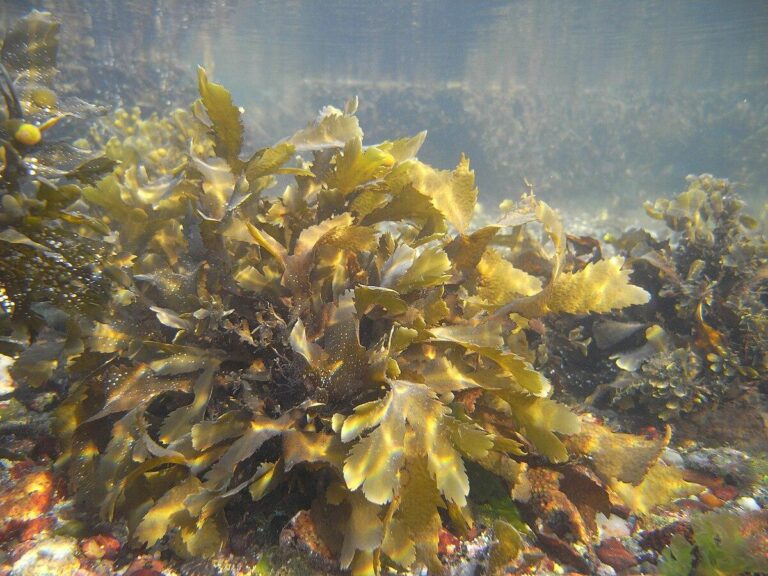Introduction
Seaweed has emerged as an unlikely yet potent catalyst for economic growth in Indonesia. This versatile plant is not only essential for culinary dishes but also plays a crucial role in empowering local communities.
The Economic Benefits of Seaweed Farming
Indonesia is one of the world’s largest producers of seaweed, contributing significantly to the national economy. By cultivating seaweed, small-scale farmers can increase their income and improve their living standards.
Job Creation and Skill Development
Seaweed farming requires a diverse range of skills, from cultivation to processing. This sector has created numerous job opportunities across coastal communities, helping to reduce unemployment rates.
Export Opportunities
The demand for seaweed in international markets is growing rapidly. Indonesia’s strategic location and favorable climate allow it to tap into profitable export opportunities, which further supports local economies.
Environmental Impact and Sustainability
Seaweed farming can also positively impact the environment. Unlike traditional agriculture, seaweed farming does not require freshwater or fertilizers, making it a sustainable choice for livelihoods.
Combating Climate Change
Seaweed has the potential to mitigate climate change by absorbing carbon dioxide. As farmers grow more seaweed, they contribute to reducing greenhouse gases while enhancing marine biodiversity.
Conclusion
seaweed farming is a multi-faceted solution to poverty in Indonesia. For more detailed insights into how seaweed is revolutionizing livelihoods, visit this link.

